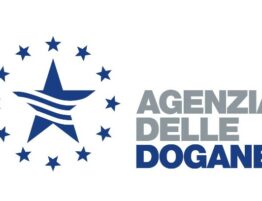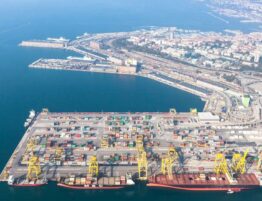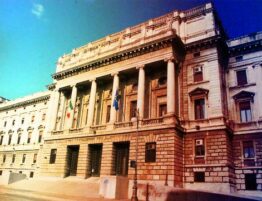
With a very recent decision the Court of Trieste ordered the Customs Authority to immediately release the bank guarantee through which a customs broker had guaranteed the import operations by means of VAT warehouse.
In the specific case the broker represented by the Firm saw to a series of shipments through a VAT warehouse. In light of the particular rules governing VAT warehouses, the payment of VAT is deferred: it is made not when the goods are introduced into the warehouse, but when they are withdrawn through the reverse charge procedure. In other terms, at the time of withdrawal the importer issues a self-invoice quantifying the VAT due for the release of the goods for free circulation. To guarantee the quantification of the VAT, the customs broker must take out a bank guarantee, whose sums are each time tied up with the Customs Authority. Following the quantification of the tax, the Customs Authority releases the amounts which had been provided as a guarantee.
Despite the quantification of the tax through the submission of the documents required for this purpose (self-invoice registered in the accounting books, excerpt from the register of issued invoices and register of purchases, self declaration), the Customs Authority did not release the amounts which had been provided as a guarantee for the imports by the customs broker assisted by the Firm. In particular, detecting the presence of alleged tax irregularities in the accounts of the importers, the Authority maintained that the customs broker was jointly liable for the payment of VAT and, therefore, held back the sums of the bank guarantee.
This unlawful conduct jeopardized significantly the activity of the customs broker, whose ability to work through VAT warehouses was reduced, since he could not freely accept assignments requiring a bank guarantee.
Therefore, an urgent injunction procedure was started.
Having considered that there were the conditions for periculum in mora and for fumus boni iuris, the Judge granted the customs broker’s application. Indeed, the Court linked the release of the guarantee to the tax quantification, which is made by submitting the aforementioned documentation to the Customs Authority. The Court also stated that, given the proven good faith of the customs broker, the latter is not jointly liable with the importer for the payment of VAT.
It was also ascertained that the possible irregularities relating to the tax collection stage -which is subsequent and different from that of the tax quantification- were not covered by the bank guarantee submitted by the customs broker. Indeed, such guarantee had been issued not as a guarantee for the failed payment of VAT, but only for its incorrect quantification.
After all, a different interpretation of the legislation which governs VAT warehouses would ultimately confirm the customs broker’s objective liability which, except for negligent conduct, is contrary to the fundamental principles that govern also the application of administrative fines in the Italian legislation. In any case in order to be exempted from joint liability for non-payment of VAT, the customs broker should carefully check, as far as possible, that the importer is not blatantly abusing the institute of VAT warehouses.
(Trieste Office – Federica Fantuzzi – 0039 (0)40 7600281)
 Print This Post
Print This Post







